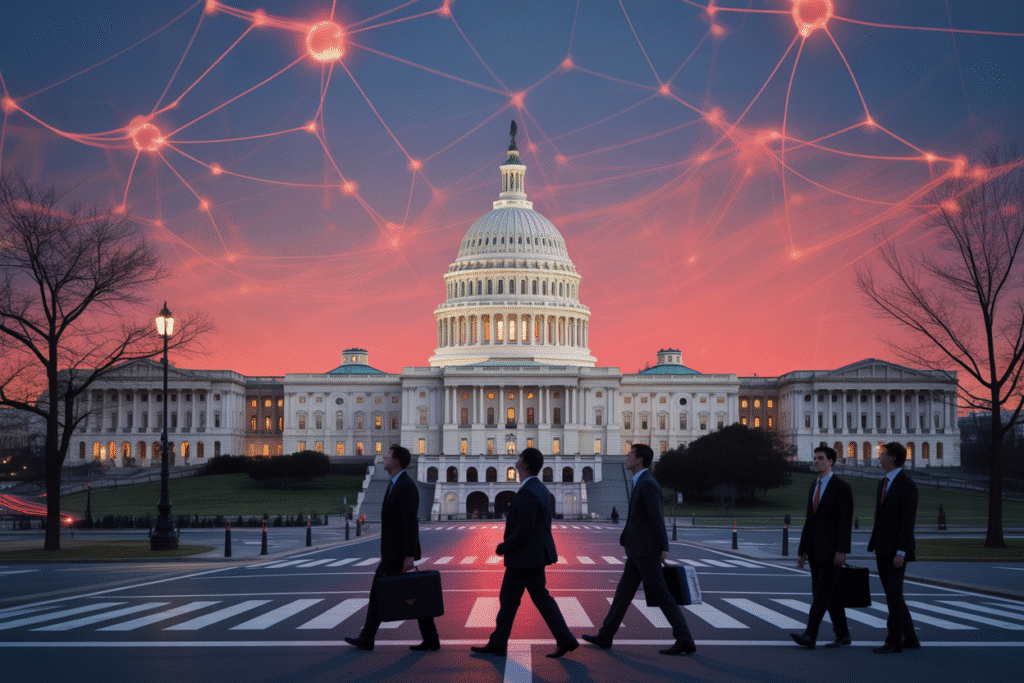Meta’s sudden silencing of Brazilian firebrand Jones Manoel lights a firestorm that blends AI politics, ethics, and free-speech fears.
Meta yanked the plug on Jones Manoel’s accounts less than 24 hours after a debate racked up 100 million views. Supporters scream censorship, skeptics cheer alleged misinformation control, and the internet searches the rulebook again. Ready for the inside story?
The Viral Flameout: Why 100 Million Views Became Meta’s Flash Point
Tuesday evening’s three-hour debate clipped along like any other until Manoel, citing Brazilian inequality stats, pinned blame on corporate lobbying. View counts doubled every four minutes. Meta’s automated flags flicked first, then human moderators appeared minutes before midnight. They coded the event as “coordinated harmful behavior.”
Here’s what happened next:
– Manoel’s 2.3 million followers woke to account lockouts across Instagram, Facebook, and Threads.
– Ripple effects: hashtags like #MetaCensura trended within twenty minutes.
– User traffic on Bluesky spiked 80% as audiences sought uncensored takes.
The speed was startling. Three hours from epic reach to blackout? That’s faster than some software updates. One user quipped, “Meta’s AI moderation didn’t blink—it slammed the universe’s pause button.”
AI Moderation on Trial: Ethics, Risks, and the Controversy Triple-Bind
Right now every major platform leans on large language models to eyeball, throttle, or boost content. Critics argue these systems double as AI politics censors—so who programs the ethics?
Consider these vectors:
1. Scale: Models parse terabytes of speech daily—no human team can match that.
2. Neutrality lag: Training data still skews English, yet Portuguese nuance went fully unseen in Manoel’s case.
3. Appeal vacuum: Built-in AI appeal windows give users 30 minutes—far less than legal due-process windows.
The stakes ripple out. Content flagged for “hate” may sweep up legitimate policy critique. Meanwhile, algorithms reward inflammatory outrage loops that drive engagement sky-high—until the same system bans the poster for being too viral.
To unpack the controversy, imagine this scenario. What if tomorrow’s dissenter is a whistleblower revealing telecom bribery amid 5G rollouts? Does AI ethics identify civic spotlight as abuse? History provides grim possibilities.
Aftershocks & Wild Cards: Where Regulation, Users, and Tech Must Bend
Brazilian regulators could sue Meta under the country’s 2024 “Digital Accountability Act,” which requires a public transparency statement within 24 hours of mass takedown. EU officials signal they’ll piggyback, demanding similar disclosure receipts. Inside Silicon Valley, some engineers quietly admit they never tested Portuguese slang that’s common among Rio’s poorest neighborhoods.
Stakes on the user side:
– Smaller creators now ask, “Who’s next?” boosting follower counts on competitor platforms.
– Advertisers monitor brand-safety chaos; spending dipped 2% for Facebook ads in LatAm overnight.
– Whistleblower leaks hint that ad revenue volatility, not politics, triggers heavy AI moderation.
Tech’s next move may be paradoxical. OpenAI just teased a transparency-first overlay that would overlay public rationales on any AI politics action within minutes. Meta dipped its toes last week with “AI explains” banners. The race is whoever ships transparency before lawmakers ship tighter rules.
So, what can readers do? First, demand accountability buttons on your favorite platform—real ones, not marketing copy. Second, diversify where you spread political speech; algorithmic chokepoints hate fragmentation. Third, support open-source alternatives like Bluesky or WordPress-fediverse blends that give users, not black boxes, final say.


